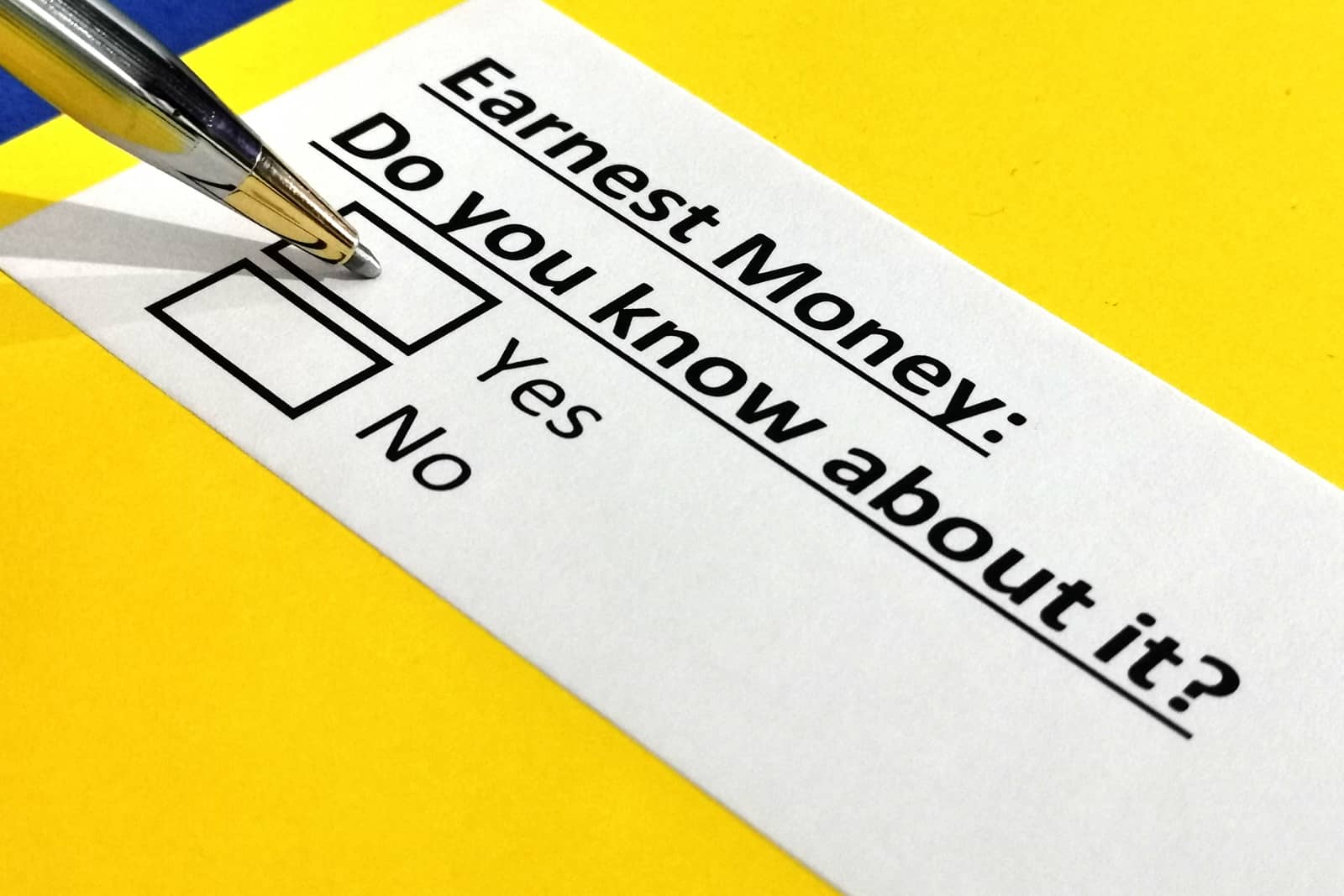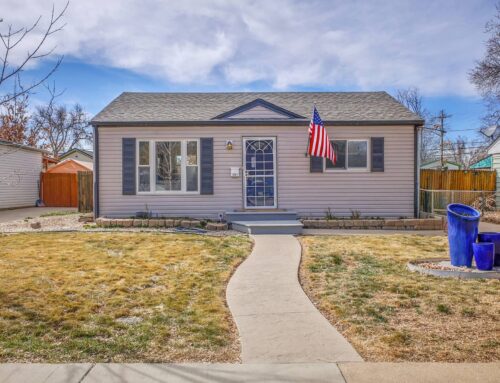Due Diligence vs Earnest Money
The real estate world is full of terms that don’t make much sense to the everyday homeowner. Though a great real estate agent can help explain terminology and procedures, it’s still up to the homeowner to read their paperwork and make smart moves based on their current information.
Two terms that can pop up frequently in real estate are due diligence and earnest money, terms that any homeowner needs to know if they want the best purchase or sale experience. Let’s get in-depth on due diligence vs earnest money to explain what each is, what they have to do with your transaction, and how to use both to help secure your home purchase.

What is Due Diligence and Earnest Money?
The idea behind due diligence is to minimize risk on the buyers’ end and possibly bring the home purchase price down. The buyer is doing their due diligence to make sure the home doesn’t have any major issues and that the homeowner truly wants to purchase the home. Due diligence has an associated fee, which generally ranges from several hundred to a few thousand dollars.
Earnest money, also known as an earnest money deposit, is similar to due diligence, but is less about potential buyers doing their homework and more about “show me the money.” Earnest money is a payment made to home sellers to demonstrate a strong interest in a potential home. With earnest money homeowners aren’t only telling you they really want the house with a pinky promise but instead literally putting money on the table. Earnest money deposits are generally higher than due diligence fees.
What’s Included in Due Diligence?
The due diligence portion of the real estate transaction takes place after an offer on a home or property is accepted but before the transaction closes. The allotted period and necessary tasks will be outlined in the Offer to Purchase contract.
Due diligence is not spot-checking one or two forms but doing the right homework to make 100% sure you won’t get hosed during closing. While all due diligence tasks differ from home to home, there are tasks you’ll see for any due diligence process including:
All other items necessary to complete due diligence will be outlined by your real estate agent but it’s up to you to get them done.
More Questions about Earnest Money and Due Diligence.
Moving Forward with a Great Real Estate Agent
While the above information gives you a solid overview of due diligence and earnest money, it likely can’t answer all your questions. For advice that applies to your exact situation its best to hire and communicate with a great local realtor. A great real estate team like the Storck Team knows what needs to be done with due diligence and earnest money, can explain the process for your prospective property, and make sure you aren’t taken advantage of.
Due diligence is making sure you genuinely want the house while earnest money proves you want it. Use a great real estate agent to address both and help secure the home of your dreams.







